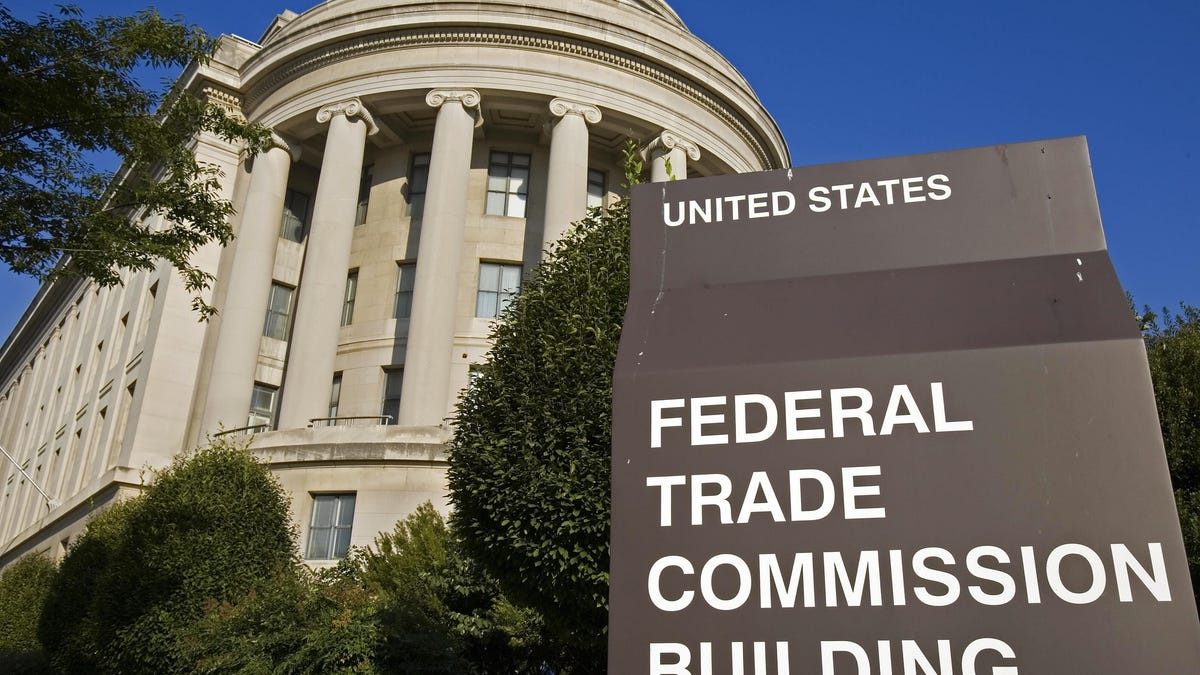A federal appeals court reaffirms FTC as internet cop
The decision clears up questions over whether the FTC has the authority to go after broadband providers it believes are treating consumers unfairly.

The US Federal Trade Commission (FTC)
A federal appeals court has made clear that the Federal Trade Commission is the cop on the beat when it comes to policing internet service providers, an important decision in the fight to protect net neutrality.
The 9th US Circuit Court of Appeals in Northern California ruled Monday that the FTC could move forward with its case against AT&T, which it has accused of unfair and deceptive business practices for slowing down wireless service of customers who subscribed to a service advertised as unlimited.
The decision clears up questions over whether the FTC has the authority to go after broadband providers it feels are treating consumers unfairly. In December last year, the Federal Communications Commission gave up its authority to police the internet when it repealed its net neutrality regulations. Instead, it said the FTC would be in charge of protecting consumers online.
But there was just one hitch in the law that could have made it impossible for the FTC to oversee some of the biggest broadband companies. Many of these companies, like AT&T and Verizon, also have traditional telephone networks, which are still regulated by the FCC. But it was unclear if the FTC had jurisdiction over these companies if parts of their networks were regulated by the FCC.
The panel of judges for the 9th Circuit said this didn't matter and reaffirmed that the FTC has the authority to oversee these companies.
The judges in the case acknowledged that "a phone company is no longer just a phone company." And they added that "reaffirming the FTC's jurisdiction over activities that fall outside" of the FCC's regulatory jurisdiction "avoids regulatory gaps and provides consistency and predictability in regulatory enforcement."
FCC Chairman Ajit Pai called the 9th Circuit's decision "a significant win for American consumers."
"Among other things, it reaffirms that the Federal Trade Commission will once again be able to police internet service providers," he said. "In the months and years ahead, we look forward to working closely with the FTC to ensure the protection of a free and open internet."
An AT&T spokesperson said, "Today's decision on jurisdiction does not address the merits of the case. We are reviewing the opinion and continue to believe we ultimately will prevail."
Consumer advocates applauded the decision. But they still say the FCC should be regulating broadband companies and protecting net neutrality. They argue the FTC is ill-equipped to police the internet alone. They say the FTC is only able to react after harm has already been done to consumers, rather than pass specific regulations that outline the rules of the road to protect an open internet, like the FCC was able to do.
"Some have tried to portray today's decision as somehow lessening the disastrous effects of the FCC's recent net neutrality repeal," said Harold Feld, senior vice president at Public Knowledge. "This is entirely backward. This case illustrates the problem of having the Federal Trade Commission try to do alone what it should do in partnership with the FCC."

